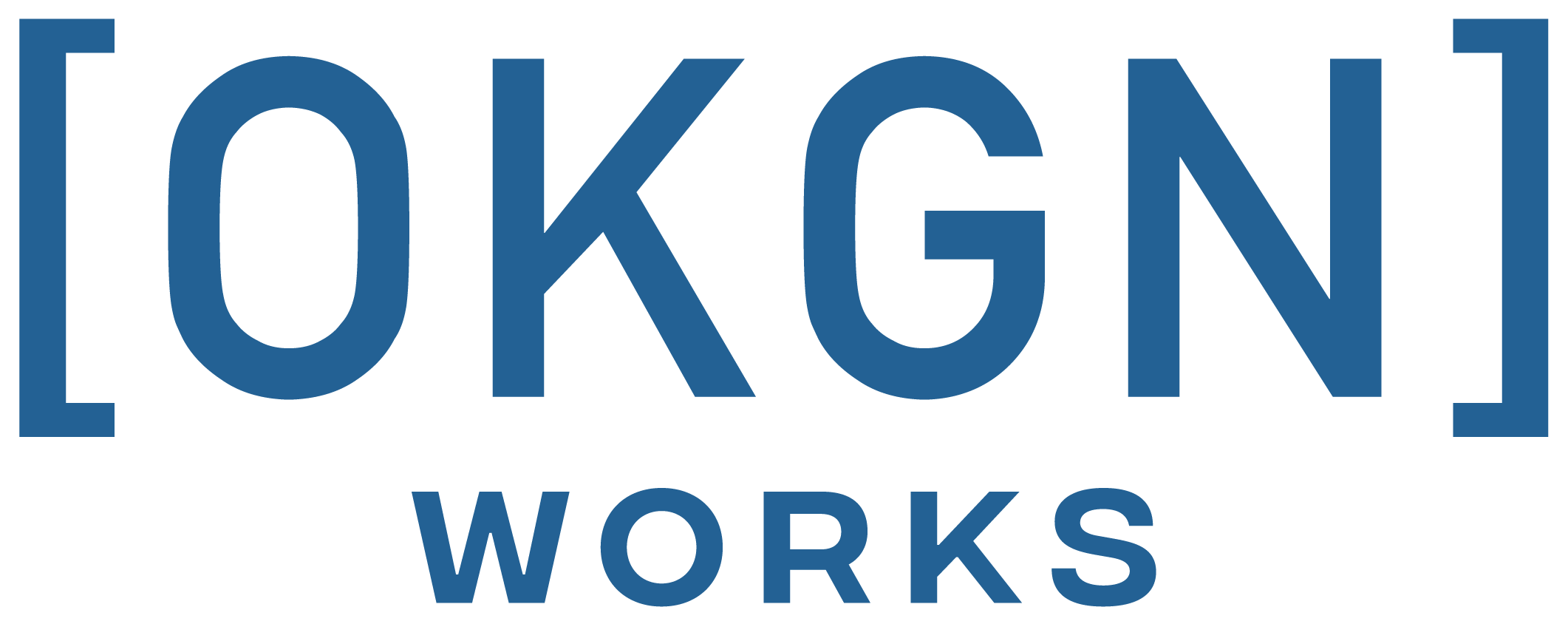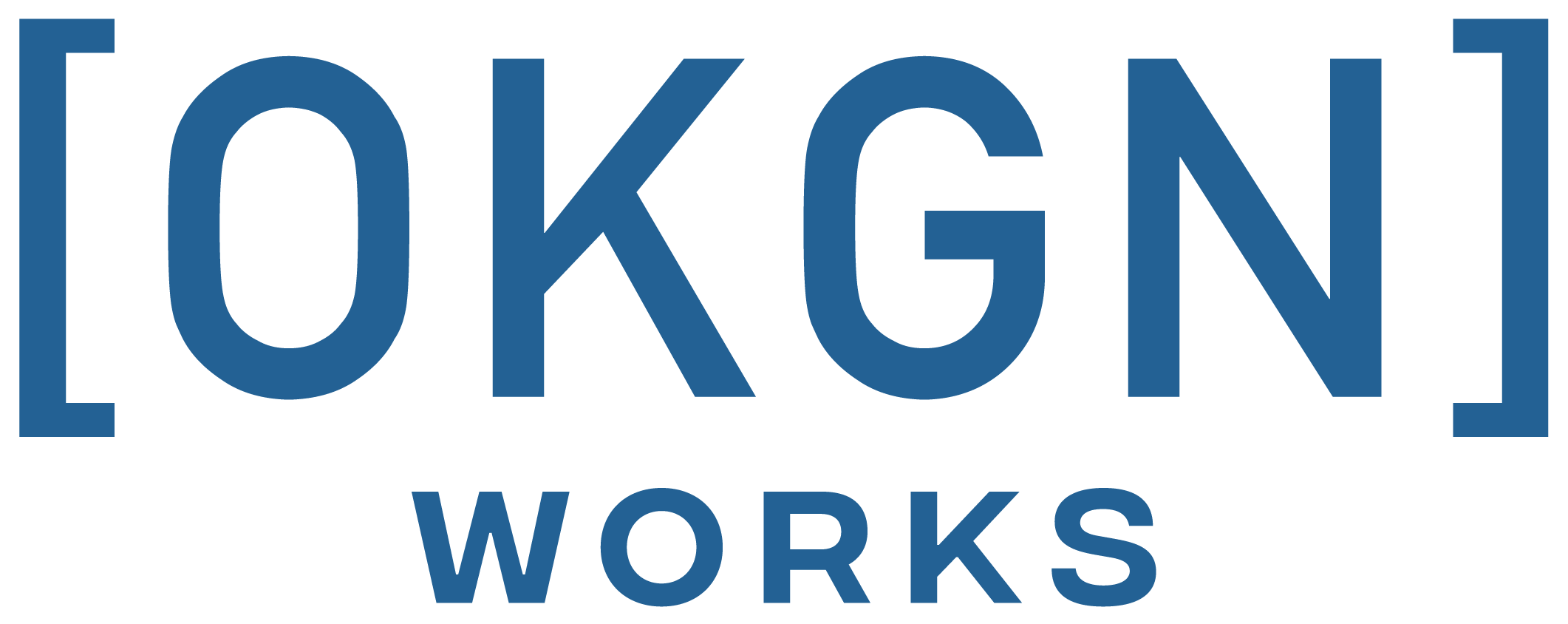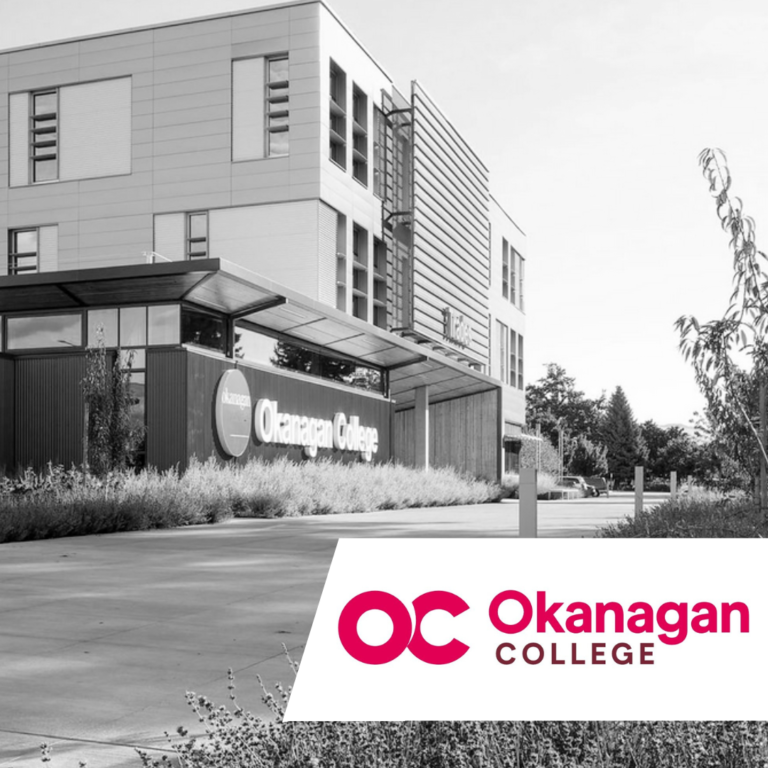Earlier this year, Okanagan College announced new opportunities through the Student, Graduate and Co-op Employment office for Indigenous learners and students who face accessibility challenges. With funding from the provincial government, the College is set to launch a third project to increase access to co-op and work-integrated learning for OC students and employers.
Overseeing the project at OC is Alison Beaumont, a Coordinator in the Student, Graduate and Co-op Employment office. She notes that the new project has dual opportunities for both students and employers.
“We are excited to have more staff available now to support students and employers throughout the College region and we are really aiming to increase awareness of the co-op programs we offer and how they can get involved.”
For employers, the project gives them access to OC’s talented and knowledgeable students. For students, the opportunity to work in a related field prior to graduation boosts both skills and employment prospects in their chosen industry after graduation.
The project enables three new coordinators to join the Student, Graduate and Co-op team, serving the South Okanagan, North Okanagan and Shuswap and Revelstoke. While each coordinator supports the College campus which falls in their jurisdiction, they will also be looking to connect with employers within the general regions as well. The coordinators will be knowledgeable on the available subsidies and grants also available to employers.
“We want to connect with the community, and the impact of these new roles will be to have a greater presence in those communities for both students and employers,” says Beaumont.
The Salmon Arm Economic Development Society (SAEDS) is one of many local organizations benefitting from hiring college students. An initiative of a broader group of community service providers, called the Digital Transitions Program, prompted the hiring of three OC students. Helping businesses throughout the Shuswap region launch e-commerce sites to connect throughout the pandemic, OC students established connections with the e-commerce platform Shopify and helped support the development and launch of the program. The program proved a success and the student co-op positions were extended until the end of November 2020.
For more details on the Digital Transitions Program, click here for an in-depth Q&A feature with Lana Fitt, SAEDS’ Economic Development Manager.
To find out more about connecting with the corresponding Co-op coordinator in your area, go here. Keep reading to hear from each of the new coordinators and their outlook on new opportunities at Okanagan College.
Alison Beaumont – North Okanagan region
PA (Public Affairs): Tell us about what brought you to the North Okanagan region and becoming a Co-op coordinator this Fall.
AB: Working in the Student, Grad and Co-op office since 2017 I have been fostering connections with community through providing opportunities for students and employers to connect through events and workshops. I have seen lots of great success stories in the past few years where students have thrived in co-op and gone on to graduate jobs in their chosen industry, better prepared for the workplace.
PA: What will it look like in our current environment to connect with employers? Will it all be done virtually?
AB: We will be reaching out to local organizations and businesses to provide a range of collaborative events online. Bringing together students and employers for tips on online networking, how to stand out in interviews, employer panel events and more.
PA: What might it look like for a business or organization to receive a wage subsidy for hiring students through Okanagan College and Co-op?
AB: There are many wage subsidy programs that employers can potentially access, through the Federal Government these are part of SWPP (Student Work Placement Program) and provincial programs such as Innovate BC’s Tech Co-op grant.
As coordinators we will be here to help guide employers through the different funding options available, finding the best fit based on the employer and the position they are offering. The amount employers can access does vary between $5,000 and $7,500 for a 4-month co-op work term. In some cases, employers can access federal and provincial funding, allowing them to fully pay for the cost of hiring a student.
Jessica Landau – Shuswap and Revelstoke region
PA: Tell us about what brought you to this new role as Co-op coordinator for the Shuswap and Revelstoke region?
JL: Last year, I started working at the College’s Salmon Arm campus in the Regional Dean’s office as a Campus Assistant. This role gave me a great overview of the programs and services offered and a chance to connect with and learn the needs and interests of the Salmon Arm students and faculty.
I have previously worked as a Youth Career Counsellor in Salmon Arm and I currently have ongoing work with School District #83 as a Youth Work in Trades Community Liaison. Drawing on my connection to this area’s high school students, career coordinators, local employers and community groups, I endeavor to be an ally and resource to both students and employers.
PA: What are you most looking forward to in connecting with employers and students?
JL: I am most looking forward to networking with local small to medium sized businesses and discovering new ways that we can create win-win situations for employers and students alike.
PA: Why would you encourage a student or employer to partake in Co-op?
JL: Having the ability to apply in-classroom learnings to on-the job work experience is invaluable for both the student and the employer. With a co-op work term, the student learns more about the field they are being trained for, while concurrently earning an income, and the employer receives wage subsidy, while test driving a potential employee for future, permanent work.
Gulshanpreet Brar – South Okanagan and Similkameen region
PA: Tell us what brought you to join the Okanagan College team?
GB: My background is in recruiting, coaching and facilitating co-ops and internships. I look forward to serving the community through various events and workshops. I’m also excited to facilitate employer events to share opportunities with students. Ultimately, I want students to be successful in their co-ops and excel in their future endeavors.
PA: In this new role, what are you looking forward to the most?
GB: I look forward to connecting with students to understand their interests and guide them accordingly. This looks like supporting students, graduates and alumni in all areas of pre-employment including resume and cover letters, mock interviews, networking and job search techniques.
PA: Why is Co-op important and what can someone learn from it?
GB: Co-op provides students with a platform through which they can put their theoretical knowledge into practice. It gives them an opportunity to showcase their skills and talents. It’s also a great way to gain work experience along with their studies.






